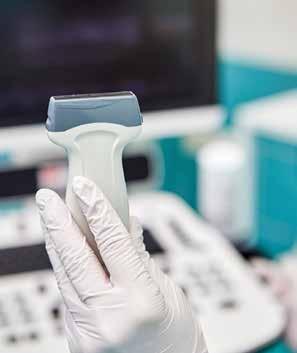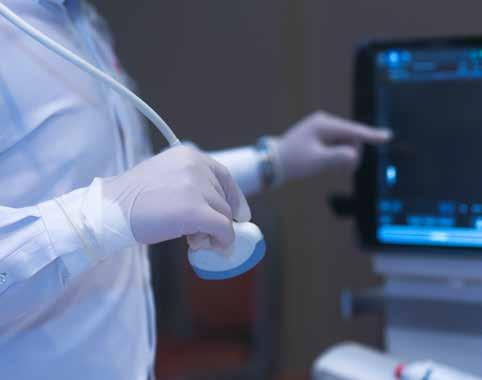COMMITTEE REPORT WELLNESS
Peer Coaching: A Strategy for Development and Wellbeing Alice A. Min, MD FAAEM and Carol Pak-Teng, MD FAAEM
This year has been one of the toughest in most of our lifetimes, and it has many of us feeling stuck and isolated. Peer coaching can be a strategy to connect and find the momentum to keep moving forward. “A good coach will make his players see what they can be rather than what they are.” — Ara Parseghian, University of Notre Dame football head coach, 1964-1974 When you think of a coach, what comes to mind? Many of us probably think of athletes receiving instruction and training on how to improve their performance on the field or court. The discipline of education has long used coaching to enhance knowledge acquisition and utilization in the classroom for ongoing development of teachers. The emergence of coaching is also trending in medicine. Research shows that it can have a significant impact on clinical skills, teaching effectiveness, and wellbeing. Coaching is consistent with the premise of life-long learning, a well-established tenet of medical education. Dr. Atul Gawande wrote about his experience with coaching in his essay “Personal Best” in the New Yorker in 2011.1 We all must strive to remain open to learning new skills, acquiring new knowledge, and continuing to improve ourselves in the ever-changing and rapidly advancing world of medicine. We should first differentiate coaching from mentoring, the latter is likely a more familiar framework from our years of school and residency training. Mentorship is based on a long-term relationship in which advice is offered to help the mentee build their overall career, whereas coaching is a shortterm process framed around a specific skill or goal.2 Coaching is asking guiding questions, leading someone to come to their own development of a skill or strategy. It is not offering explicit advice. The intent is to help a coachee discover skills and resources they already possess and increase the utilization of them. Mentorship may incorporate a component of coaching, but coaching involves a unique skill set and focus. As a coach, one must encourage self-reflection, dialogue, and inquiry. Coaching can uncover who you are and how you operate with the intent of growth. Peer coaching is a distinctive type of coaching. In the field of education where it was initially assumed that knowledge transfer necessitated an expert, research has shown that teachers sharing aspects of their teaching with fellow teachers through peer-coaching led to the application of new skills more often and appropriately.3 This concept has been adopted in medicine as well. Peers are
at similar levels of knowledge and experience, therefore these relationships remove the hierarchy and power differentials that can hinder communication and trust. Peers learn from each other in a collaborative, non-threatening setting. Because this model is based on connections between people at similar stages in their careers, it is of particular importance to women and people of color who may not see representation in leadership roles.
IS ASKING GUIDINGCOACHING QUESTIONS, LEADING SOMEONE TO COME TO THEIR OWN DEVELOPMENT OF A SKILL OR STRATEGY.” Peer coaching promotes a reciprocal exchange of information and attitudes and also provides opportunity for modeling desired interpersonal behaviors. Additionally, peers tend to provide feedback on behaviors that may be unnoticed by superiors.4 There is less reliance on the coach’s expertise or a “mastermind” but rather on the collective expertise of both parties. First and foremost, peer coaching relationships must be formed on the foundation of mutual trust. There are five essentials to build on:3 1. Voluntary commitment to the relationship based on collaboration, not competition 2. Self-evaluation 3. Feedback
>> COMMON SENSE JANUARY/FEBRUARY 2021
29























